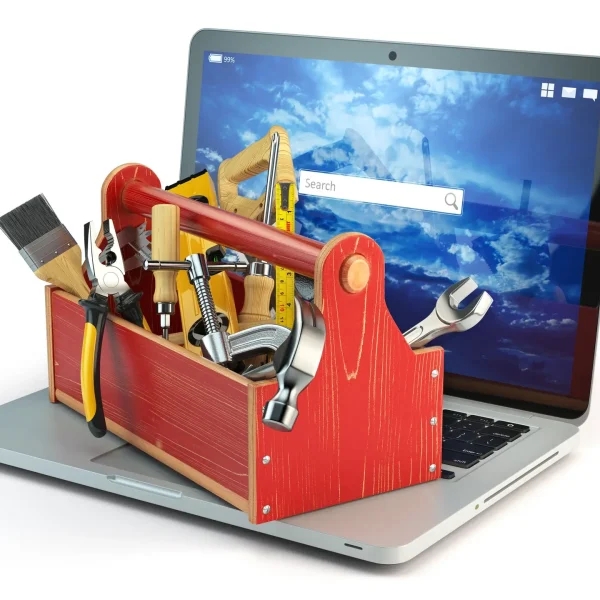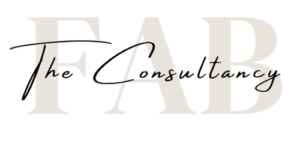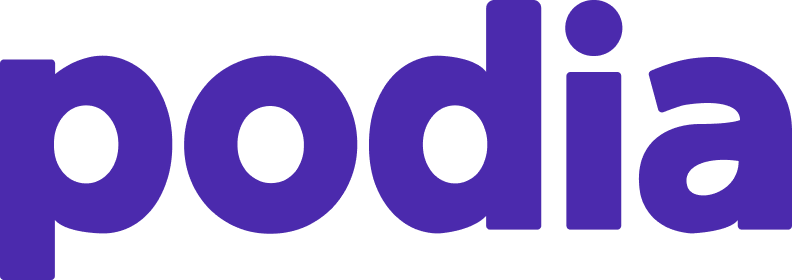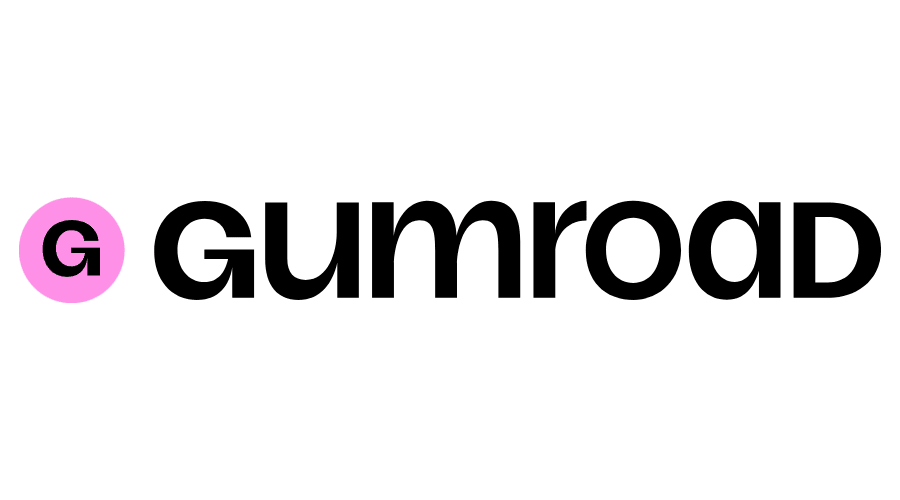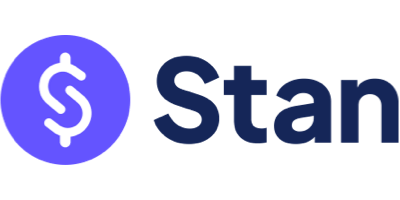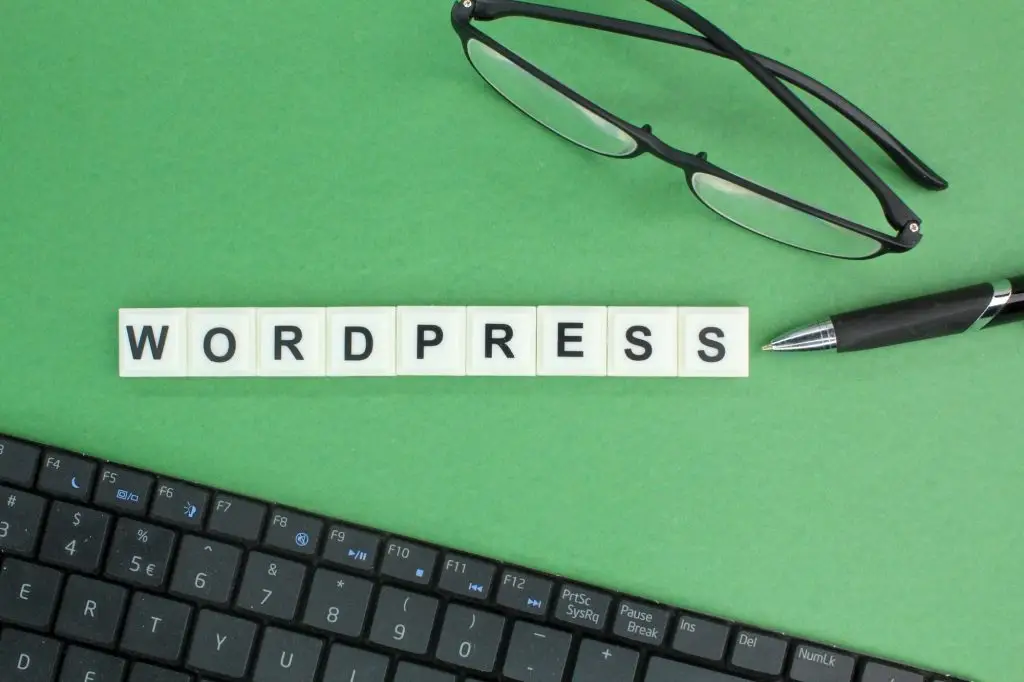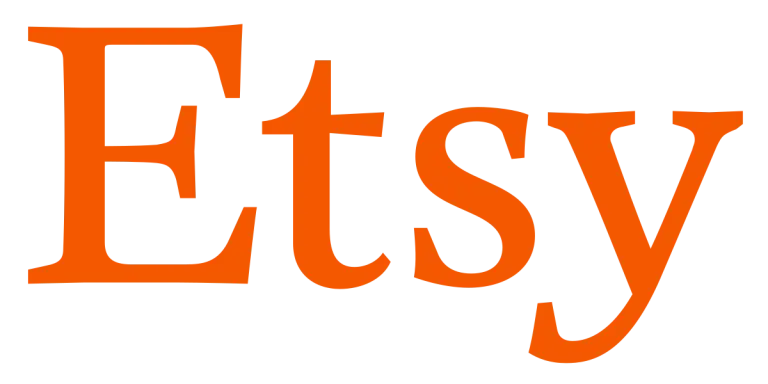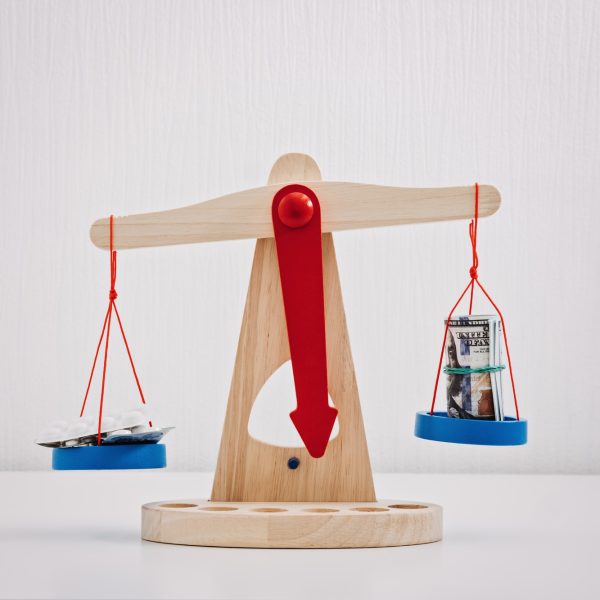If you’ve ever felt overwhelmed trying to choose the right platform to sell your digital products, courses, or services… you’re not alone.
With options like Podia, GoHighLevel, Gumroad, Shopify, Payhip, Stan Store, ClickFunnels, Etsy and your own website, it’s easy to get stuck in analysis paralysis.
So in this post, I’ll help you understand the pros and cons of each popular tool so you can confidently pick the one that suits your business.
The Tools We’re Comparing
Podia
GoHighLevel
Gumroad
Shopify
Payhip
Stan Store
ClickFunnels
Your Own Website
Etsy
